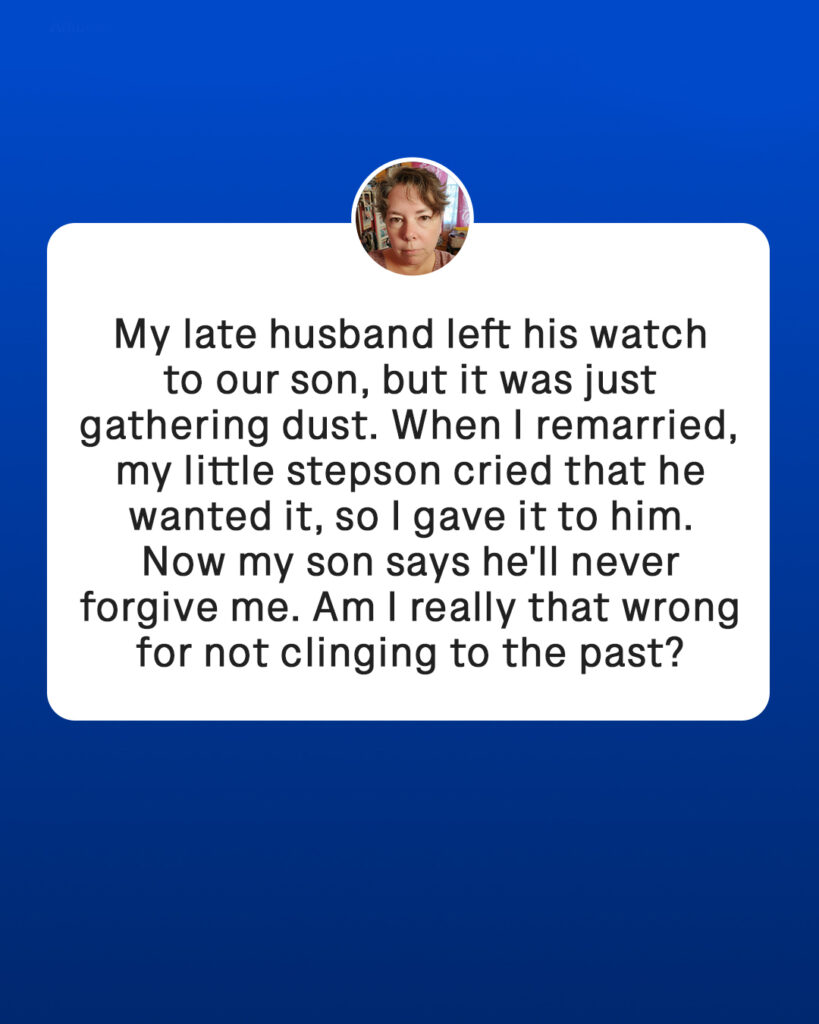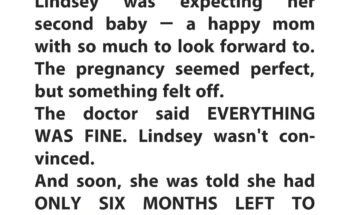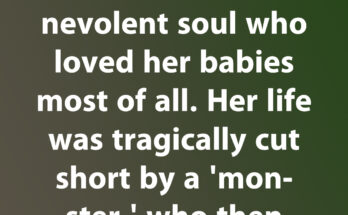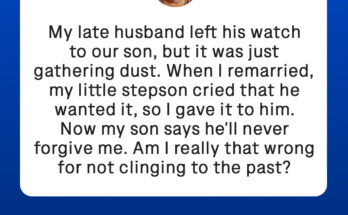When my husband passed away, he left behind a watch—an old, worn piece that he had cherished. He wanted our son to have it, and for a while, it sat untouched in his drawer, gathering dust. My son never wore it, never asked about it. It became a quiet relic of grief, tucked away like so many memories we didn’t know how to face.
Years later, I remarried. My new husband brought joy back into our home, and with him came his little boy—wide-eyed, tender-hearted, and eager to feel part of something bigger than himself. One day, he saw the watch and asked if he could have it. He didn’t know its history, only that it belonged to someone important. He cried, not out of entitlement, but from a child’s longing to belong.
Moved by his innocence, I gave it to him.
I didn’t think it would matter. My son hadn’t touched it in years. But when he found out, he was devastated. He said I’d betrayed him, that I’d given away something sacred. He told me he’d never forgive me.
Now I sit with the weight of that decision. Was I wrong to let go of the past in order to nurture the present? Did I dishonor my late husband’s memory—or did I honor it by passing on something meaningful to a child who needed it?

I didn’t give away the watch to erase the past. I gave it away to build a bridge between two families, to show love where it was needed. But grief doesn’t follow logic. My son sees it as a wound, not a gesture.
I wonder if forgiveness will ever come. I wonder if my son will understand that love isn’t measured by objects, but by the way we carry each other through pain and change.
I didn’t cling to the past. I chose to live in the present. And maybe that’s the hardest kind of love there is.


